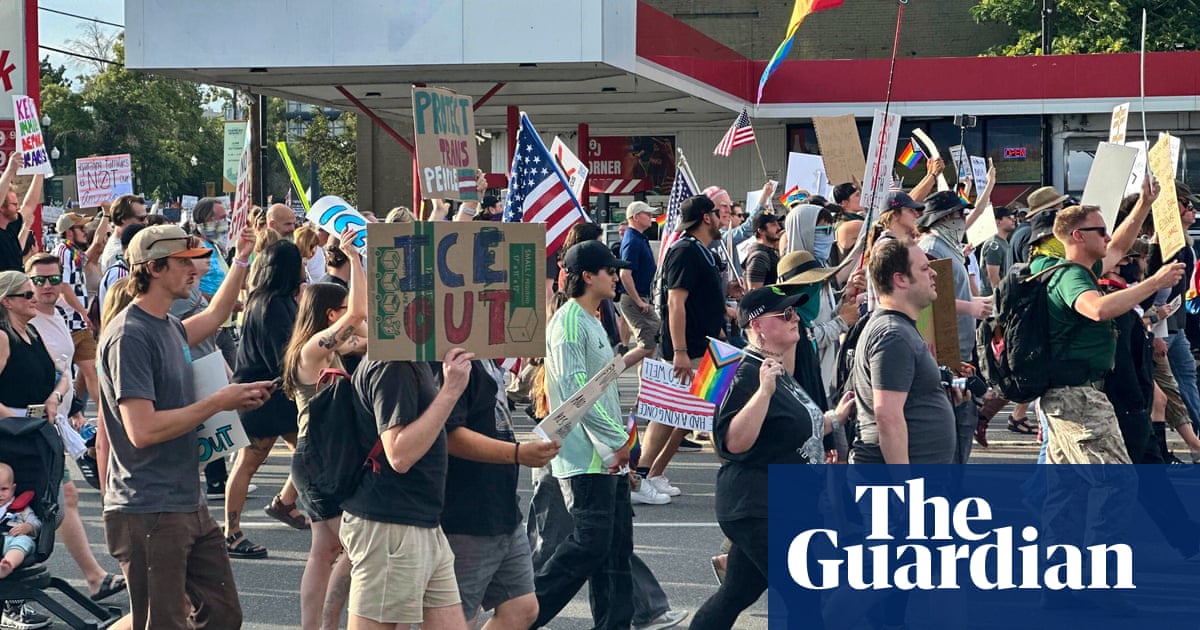How does climate change shape human societies? How has it influenced our evolution? A team of scientists, including those from the Université de Montréal, believes that archaeology might hold the answers.
The researchers suggest that studying the archaeology of climate change can connect natural and social processes. This approach could give us valuable insights into how climate affects human systems. In a recent paper published in *Nature Communications*, they point out that while cultural systems significantly influence our interactions with the environment, they are often overlooked in current climate models.
To better understand how climate and human behavior interact, the researchers recommend combining insights from climate science and evolutionary anthropology. They want to focus on how changes in landscapes drive shifts in social structures. This can lead to changes in demographics, social networks, and even cultural evolution.
Leading the study is Ariane Burke, an anthropologist at UdeM. Her team includes archaeologists, anthropologists, and Earth scientists from several countries. They aim to create models that help us see how past climate changes have rearranged human societies and cultures.
Burke explains, “We’re proposing a workflow for modellers to use human systems in Earth-systems models.” They start with environmental and archaeological data to develop habitat suitability models. These models show how ancient communities interacted with their environments. Using cultural evolution theory, they can predict patterns of change—using historical and archaeological records as evidence.
This type of research isn’t new. Throughout history, cultures have adapted to climate changes in various ways, like altering their crop choices or resource strategies. For example, after the last ice age, around 14,700 years ago, humans had to adapt quickly to new conditions. Understanding these historical shifts can help us predict how future climate changes might affect us.
Research shows that societies that adapt are more likely to thrive. The goal is to identify those critical tipping points in climate history that forced societies to reorganize. By doing so, we hope to uncover lessons that can guide us today.
This conversation about climate and human behavior is increasingly vital. Recent surveys indicate that a significant percentage of people are concerned about climate change’s impact on future generations. Understanding our past can give us insights into how to navigate the future.
As we face climate change today, learning from historical adaptations could be key. The insights from researchers like Burke could help equip us to tackle our own challenges. For more on the science of climate change and its societal effects, check out this [report from the UN’s Intergovernmental Panel on Climate Change](https://www.ipcc.ch).





















